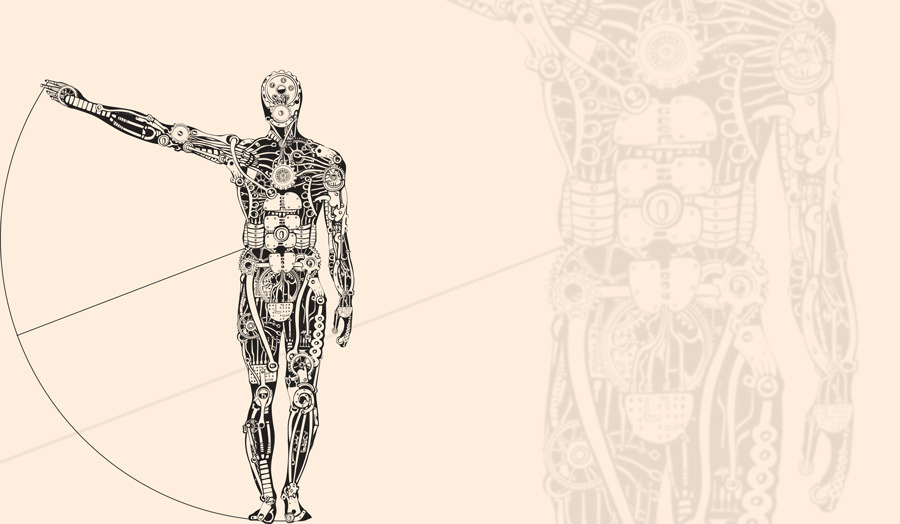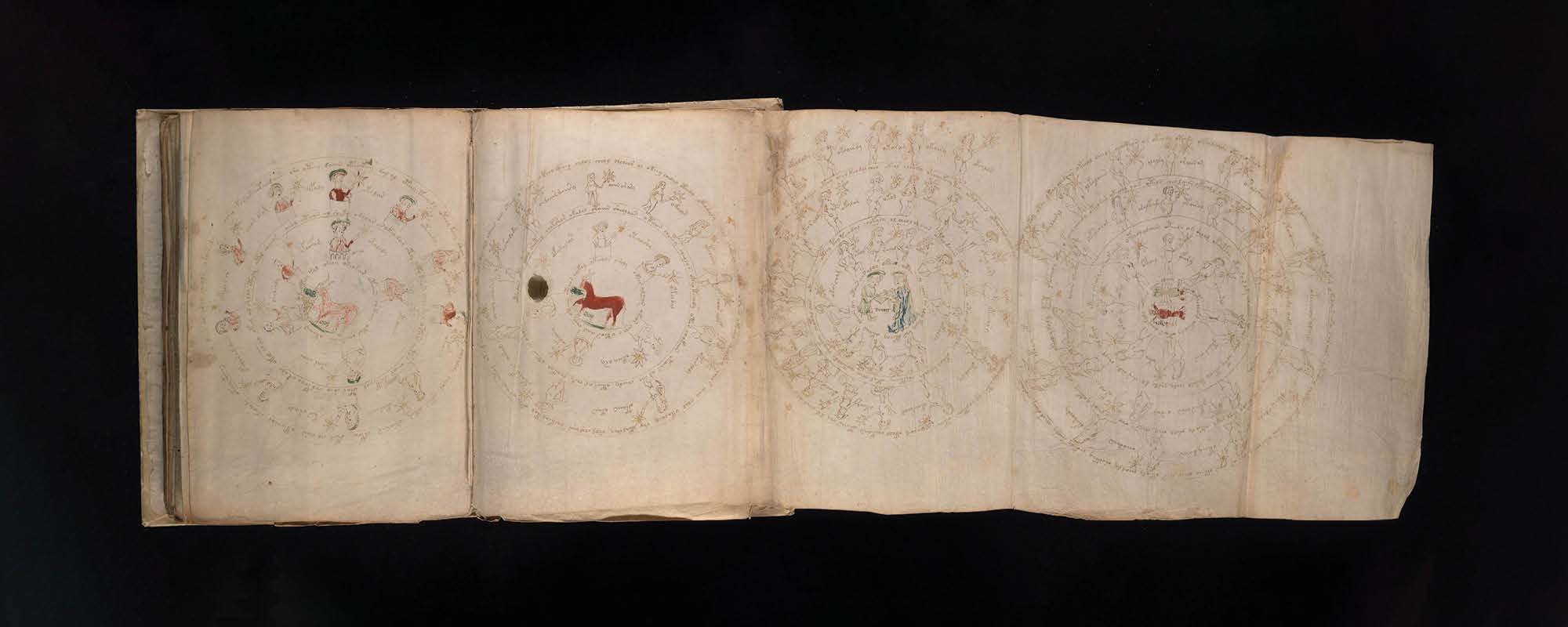Not many Ph.D.s lead to a new programme of studies, but cardiac paediatrician Prof. Victor Grech’s did. His study on Infertility in Science Fiction inspired him and his supervisors, Prof. Ivan Callus and Prof. Clare Vassallo, (University of Malta) to start the HUMS programme: a space for researchers in the humanities, medicine, and sciences to meet and discuss the bridges between these areas.
HUMS creates a social and academic ‘space’ for connection. It provides a forum that meets up three or four times a year. Last year a meeting held in October focused on the anniversary of The Battle of Trafalgar with talks from numerous disciplines, which provided many and varied angles on the event. The second session was the annual Yuletide HUMS, which presents Christmas as its main theme.
The next event will be larger than usual and will be held at the Valletta Campus on 10 May. It is a commemorative symposium: The Reformation: Impacts and Consequences, which will be analysed and discussed as a major shaping event in western cultural history. Two main speakers will be in attendance, historian Prof. Dominic Fenech and Augustine Theologian Rev. Professor Salvino Caruana, followed by a panel of speakers from areas as varied as Sociology, Literature, and Psychology.
Most symposia are held in the Faculty of Arts Library on campus, and all academics are welcome. HUMS also organises an
annual Science Fiction Symposium in the summer months.
Comments and interaction from the audience is not only welcome but encouraged.





Comments are closed for this article!